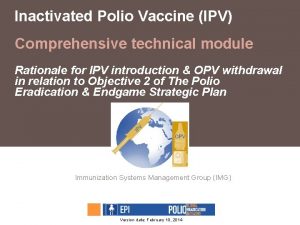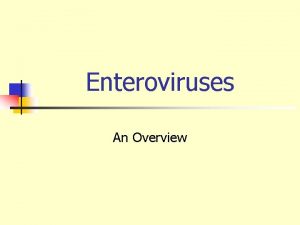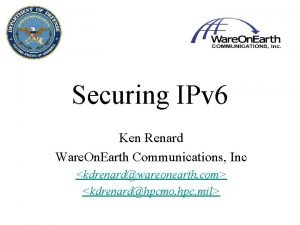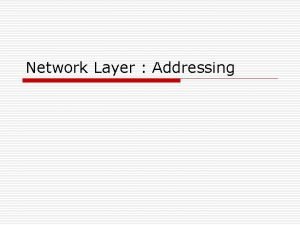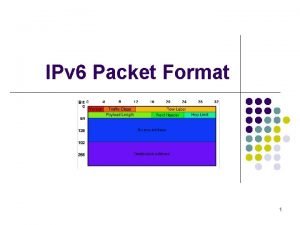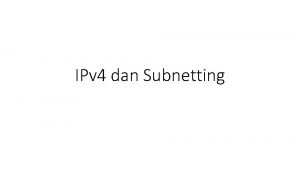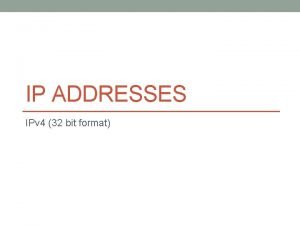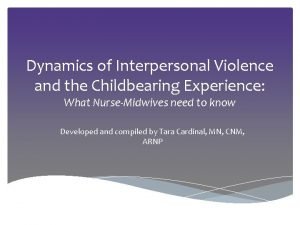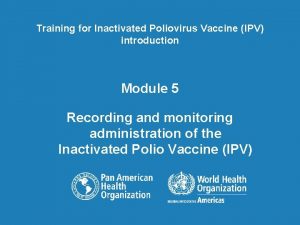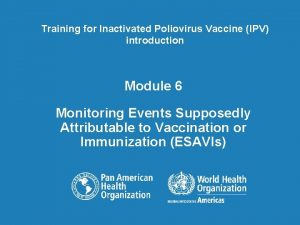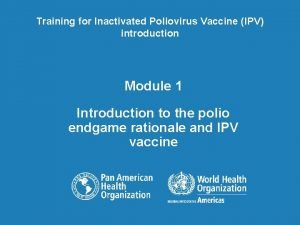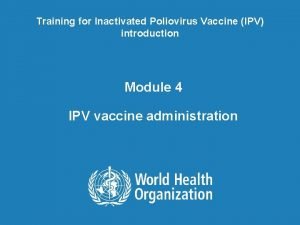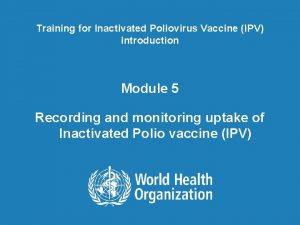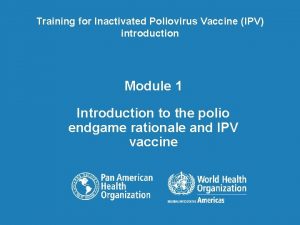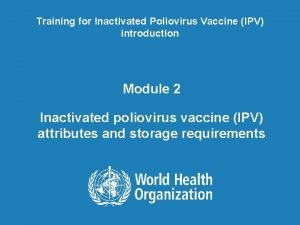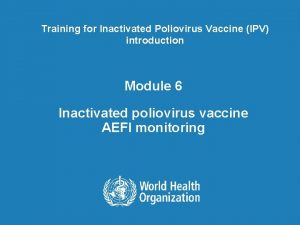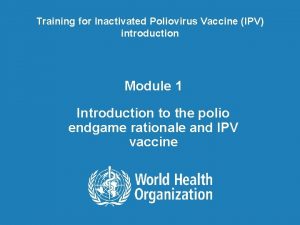Training for Inactivated Poliovirus Vaccine IPV introduction Module












- Slides: 12

Training for Inactivated Poliovirus Vaccine (IPV) introduction Module 3 IPV schedule, eligibility and contraindications

Learning objectives l At the end of the module, the participant will be able to: – Describe the recommended immunization schedule for inactivated poliovirus vaccine (IPV) – Determine when an infant can receive IPV – Describe the absolute contraindications for vaccination and understand the false-contraindications l Duration – 25 minutes 2| IPV schedule, eligibility and contraindications, Module 3 | February 2015

Key issues 1 2 3 What is the recommended schedule for IPV? What are the true and false contraindications to vaccination? Can you administer IPV to immunodeficient or premature infants? 3| IPV schedule, eligibility and contraindications, Module 3 | February 2015

When should IPV be administered? • The TAG recommends that countries use a sequential schedule, preferably: IPV + OPV • The second option is one dose of IPV followed by two doses of OPV for the regular schedule and two OPV doses as boosters Vaccination Schedule recommended for the introduction of inactivated poliovirus vaccine (IPV) in combination with the oral poliovirus vaccine (OPV). Basic Booster Schedule First option Alternate option 4| 1 st 2 nd 3 rd 1 st 2 nd IPV OPV OPV IPV schedule, eligibility and contraindications, Module 3 | February 2015

Why introduce IPV as first (and second) doses in schedule? l Very rarely, t. OPV can cause vaccine-associated paralytic polio (VAPP) l The incidence of VAPP in the Region is around 1 case per 7. 68 million doses administered. l 49% of VAPP cases in the Region are associated with the first dose of OPV, and 21% are associated with the second dose. l Introducing IPV at the first immunization contact will be a reduction in VAPP incidence by around 50%. 5| IPV schedule, eligibility and contraindications, Module 3 | February 2015

What should you do in this scenario? A child comes in at 4 months of age and has had no vaccines. What should you do? 6| IPV schedule, eligibility and contraindications, Module 3 | February 2015

Answer: • The child should receive the first dose of IPV and other vaccines according to national schedule. • Explain to the caretaker the importance of coming for vaccination on time and completing the immunization schedule • Prepare/update the immunization card 7| IPV schedule, eligibility and contraindications, Module 3 | February 2015

Absolute contraindications to IPV Do not vaccinate if recipient has: Postpone vaccination if recipient is: Wait! 8| • Known or documented allergy to vaccine components, including: - Streptomycin - Neomycin - Polymyxin B • History of an allergic reaction following a previous IPV injection • Thrombocytopenia (insufficient blood platelets, which play an important role in coagulation) • Other bleeding disorder • Taking temporary treatment that suppresses the immune response - Treatment could reduce immune response to the vaccine - Postpone vaccination until the end of the treatment to make sure the infant is well protected by the vaccine IPV schedule, eligibility and contraindications, Module 3 | February 2015

Can IPV be administered on schedule to immunodeficient infants or infants born prematurely? l Yes! l Immunodeficiency is not a contraindication of IPV l Vaccination of infants with immunodeficiency, such as HIV infection, is recommended l Infants born prematurely should receive IPV on schedule 9| IPV schedule, eligibility and contraindications, Module 3 | February 2015

Contraindication Checklist Do I still give IPV if recipient has…. ? Yes … mild illness … malnutrition … HIV … prematurity … allergy to streptomycin, neomycin or polymyxin B … bleeding disorder … had a previous severe reaction to IPV … taking treatment that suppresses immune response 10 | IPV schedule, eligibility and contraindications, Module 3 | February 2015 No Postpone

Key messages l TAG recommended schedule: Basic Booster Schedule First option Alternate option 1 st 2 nd 3 rd 1 st 2 nd IPV OPV OPV l IPV can be given at the same time as other injectable vaccines like pentavalent and pneumococcal vaccine l IPV can be administered to children with immunodeficiency disorders and those born prematurely 11 | IPV schedule, eligibility and contraindications, Module 3 | February 2015

End of module Thank you for your attention! 12 | IPV schedule, eligibility and contraindications, Module 3 | February 2015
